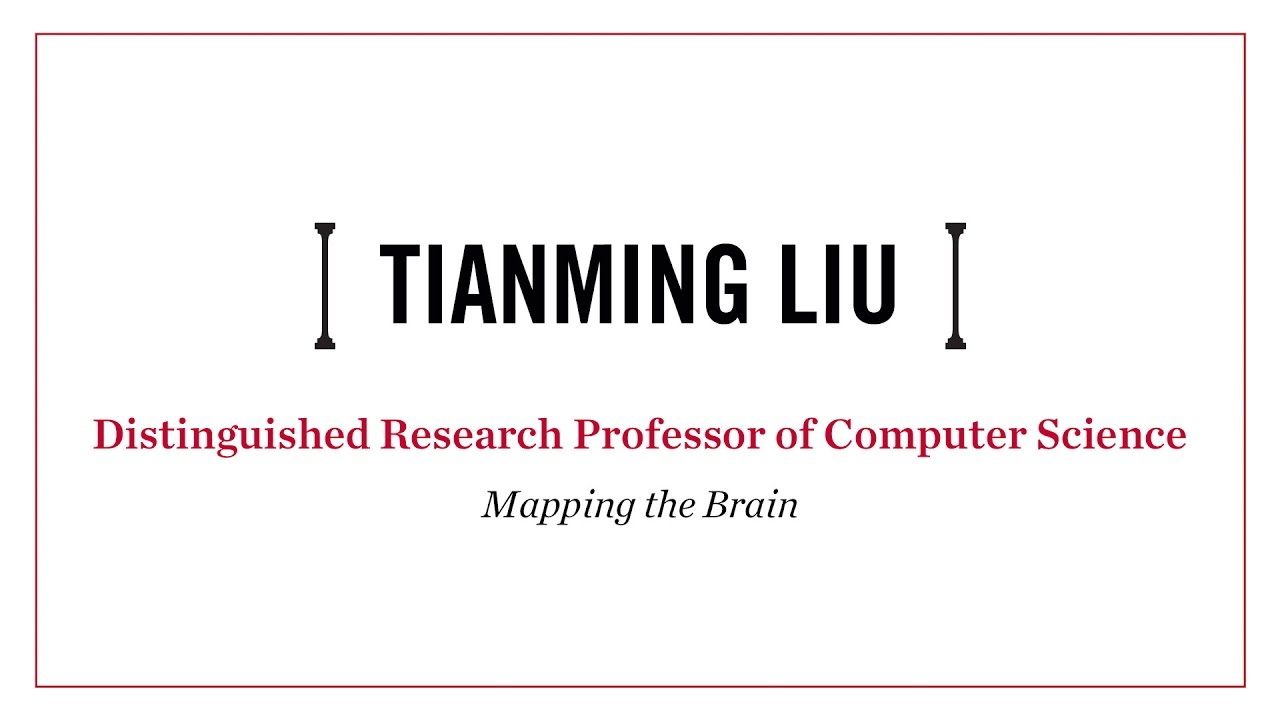In a new study, researchers at UGA’s Regenerative Bioscience Center have demonstrated the long-term benefits of a hydrogel, which they call “brain glue,” for the treatment of traumatic brain injury. The new study provides evidence that not only does the gel protect against loss of brain tissue after a severe injury, but it also might aid in functional neural repair.
Brain damage following significant TBI commonly results in extensive tissue loss and long-term disability. There currently are no clinical treatments to prevent the resulting cognitive impairments or tissue loss.
Reported on March 5 in Science Advances, the new finding is the first to provide visual and functional evidence of the repair of brain neural circuits involved in reach-to-grasp movement in brain glue-implanted animals following severe TBI.
“Our work provides a holistic view of what’s going on in the recovery of the damaged region while the animal is accomplishing a specific reach-and-grasp task,” said lead investigator Lohitash Karumbaiah, an associate professor in the University of Georgia’s College of Agricultural and Environmental Sciences.
The video above shows 3D imagery of a rat brain treated with brain glue following severe traumatic brain injury.





